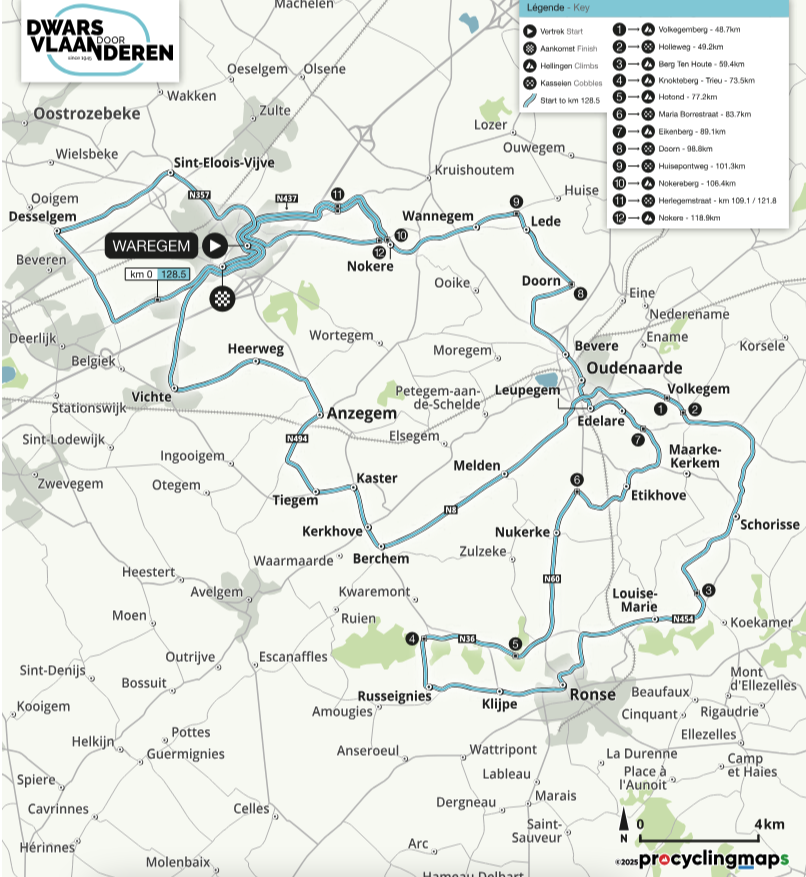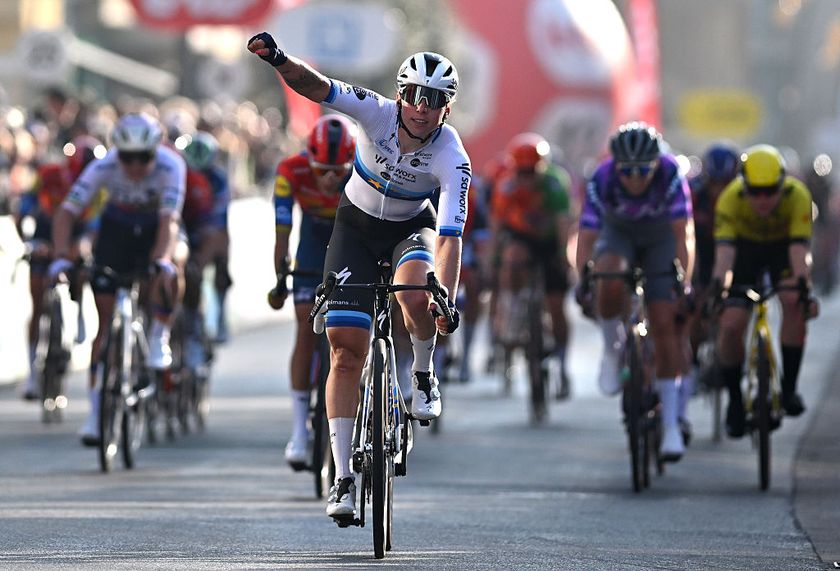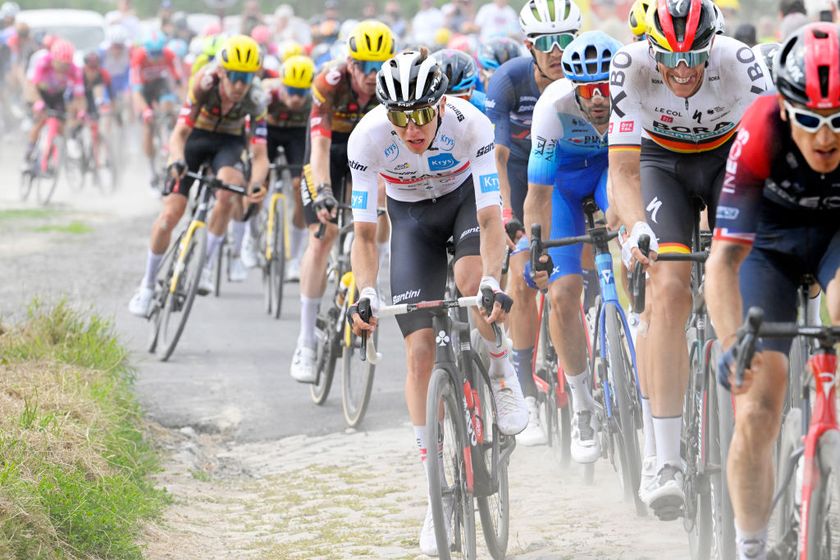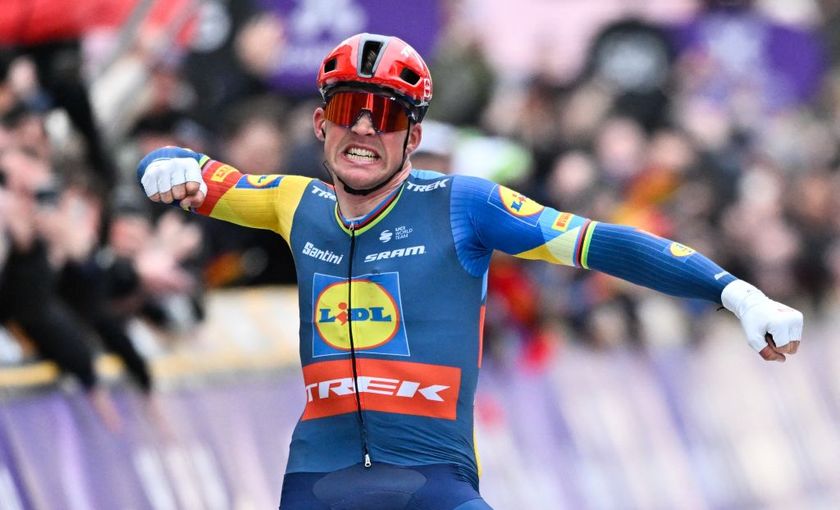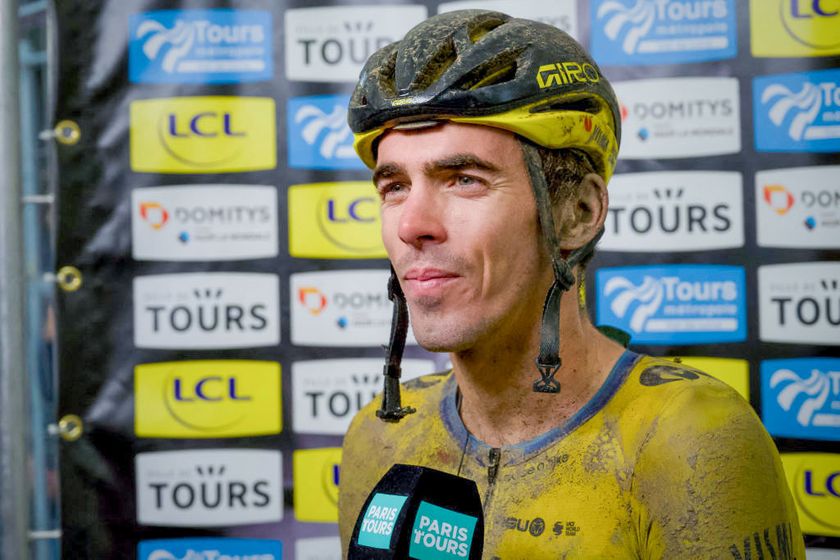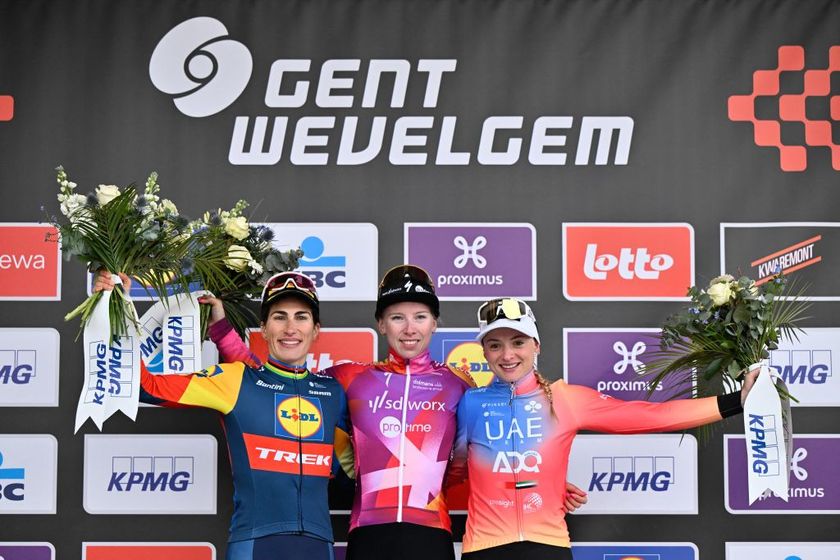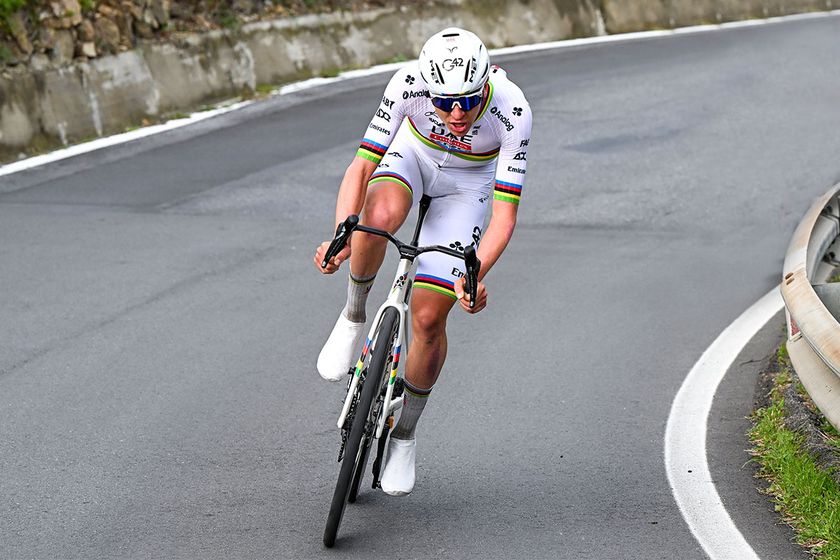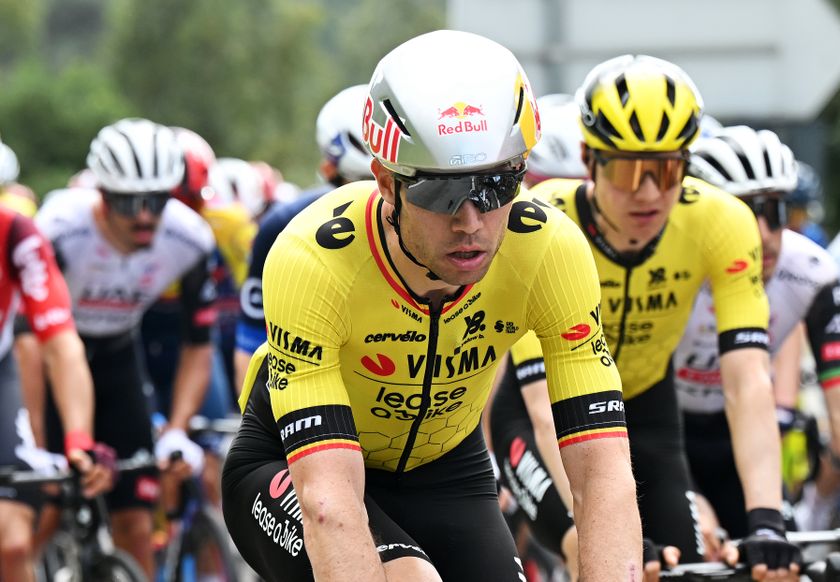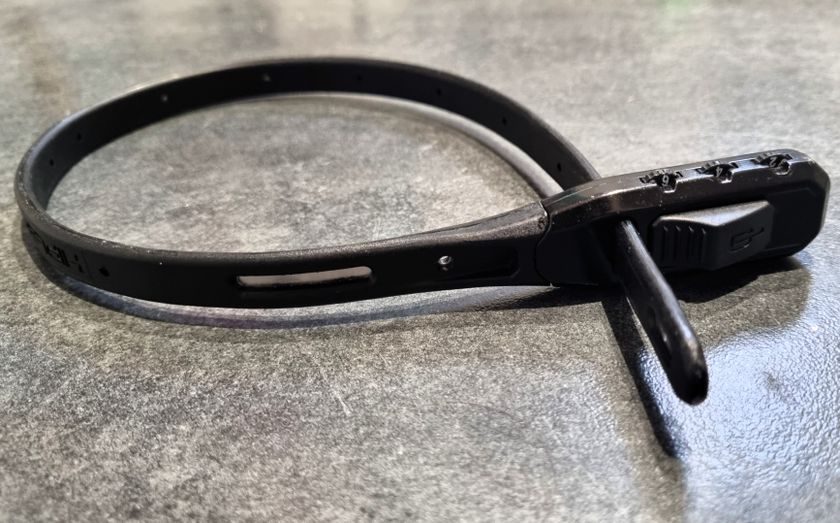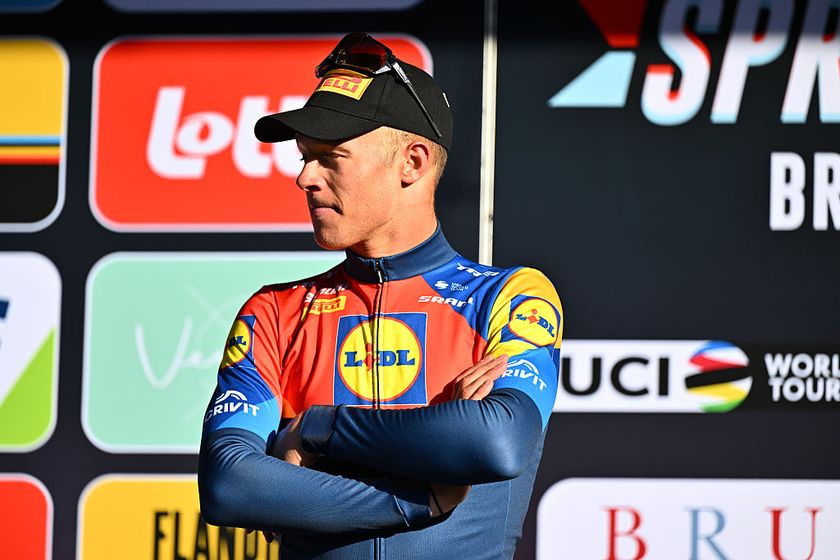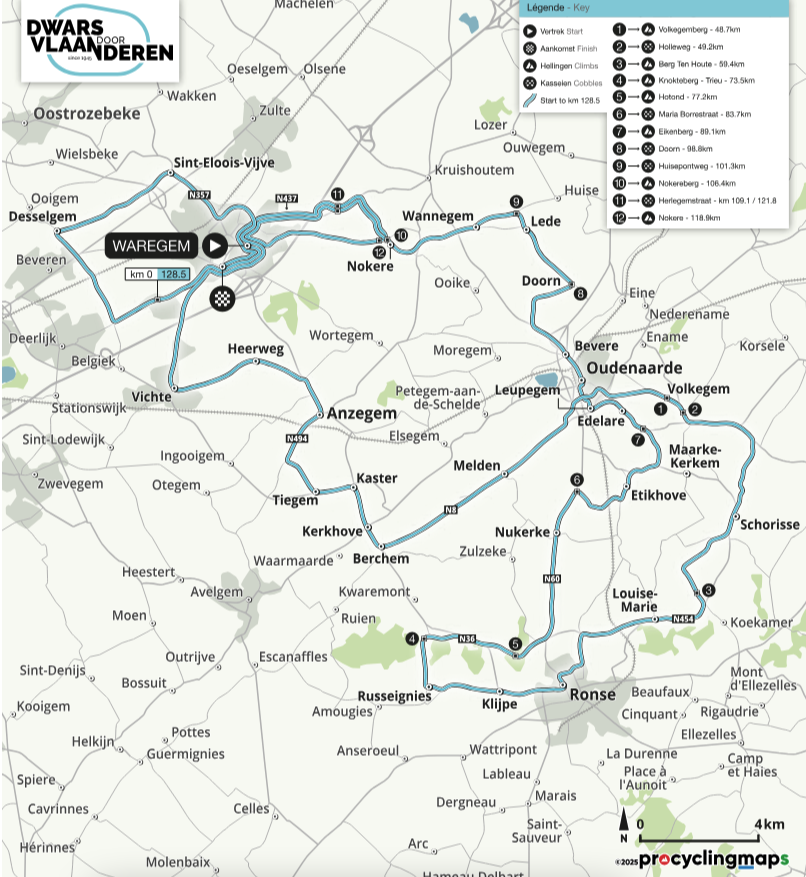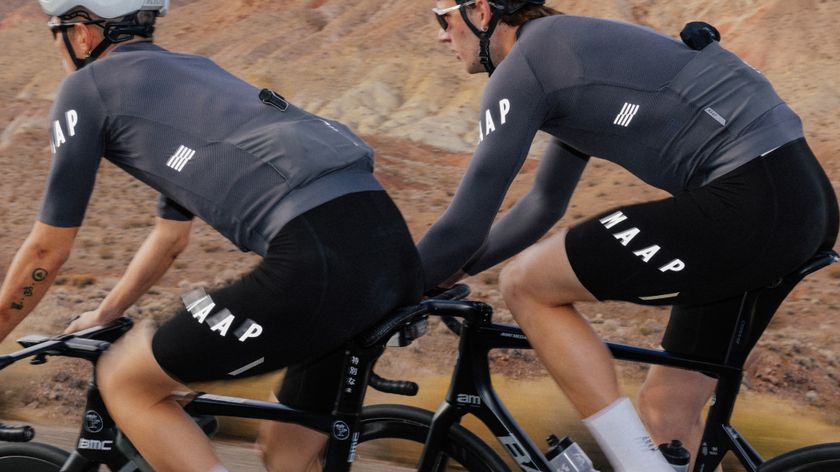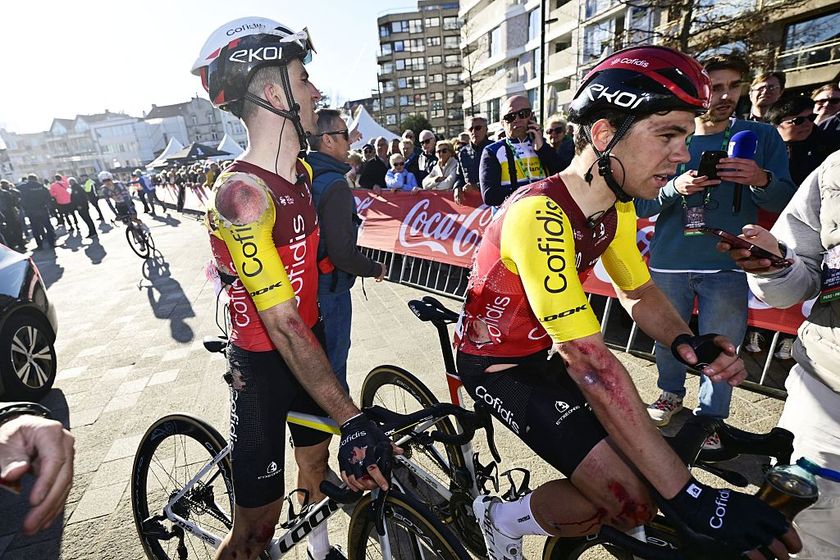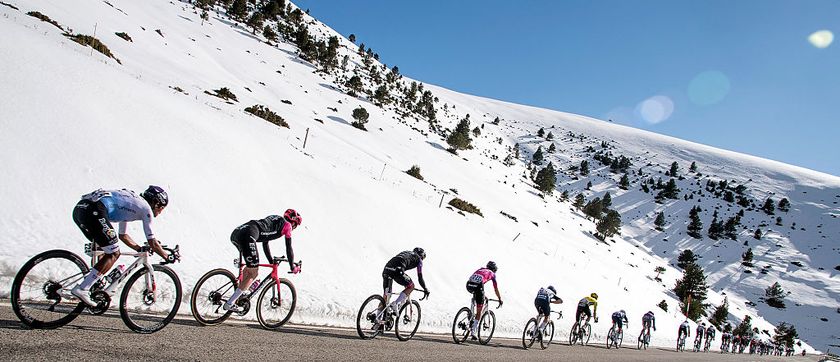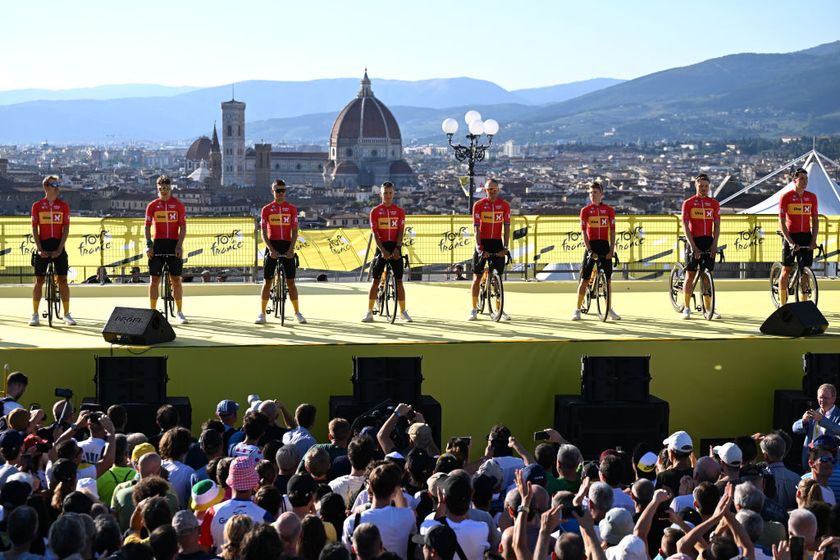Driedaagse Brugge-De Panne keeps the flame alive in the hope of future expansion
A fixture since 1977, Flemish race enters a new era





After 41 years of the same format and the same, fixed place on the calendar, the Three Days of De Panne entered a new era on Wednesday with the first running of the rebranded Driedaagse Brugge-De Panne, which was won in a bunch sprint by Elia Viviani (Quick-Step Floors).
It's a curious moniker for what is now a one-day race, but the decision to retain the old name was a very deliberate one by the organising committee at Vélo Club De Panne. The race may have been moved forward by a week against its wishes, and shorn of two and a half stages, but the flame is being kept alive in the plat pays along the North Sea Coast.
When Belgian Cycling supported Flanders Classics’ request to move Dwars door Vlaanderen to the Wednesday before the Tour of Flanders, it seemed to signal the demise of the storied Driedaagse, but the organisers have managed to keep the show on the road for 2018 in the hope of expanding back to three days of racing – though not a three-day stage race – as soon as next year.
Organising committee president Bruno Dequeecker was a busy man in the finish area on De Panne's Zeelan on Tuesday afternoon, toggling between the television interview tent and the podium to ensure the post-race ceremonies ran smoothly. After the final bouquet had been presented and he had passed on his final congratulations to Vivani, Dequeecker declared himself satisfied with how the first day of the new Driedaagse had played out.
"We're very happy and proud. We had to change by a week, and it's a totally new kind of a race," Dequeecker told Cyclingnews. "But having the start in Bruges, which is an icon in cycling, was great, and then De Panne itself has already been a name in cycling for 42 years."
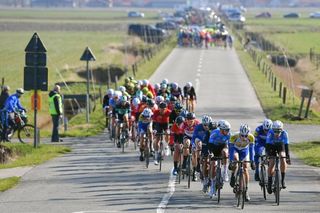
Echelons break up the field at Driedaagse De Panne
New date
Since its inception in 1977, the appeal of the Driedaagse was clear. Held in the week leading up to the Tour of Flanders, its raison d’être was as a warm-up race for De Ronde. The almost immutable parcours was designed accordingly, with a trek into the Flemish Ardennes on day one and a flat run back to the North Sea Coast on stage two, before a final day that featured a short sprint stage in the morning and a concluding time trial of 16km or so – roughly equivalent to the distance from the top of the Bosberg to the old Tour of Flanders finish in Meerbeke.
Get The Leadout Newsletter
The latest race content, interviews, features, reviews and expert buying guides, direct to your inbox!
Generations of Classics contenders prepared for the Ronde in this time-honoured fashion. Eric Vanderaerden and Sean Kelly sparred vigorously here in the 1980s. Johan Museeuw, Michele Bartoli and Peter Van Petegem raced – and won – in De Panne in the 1990s. Two of the past three winners of the Driedaagse, Alexander Kristoff in 2015 and Philippe Gilbert a year ago, have gone on to win De Ronde three days later.
As Flanders Classics, the body that owns the Tour of Flanders, Gent-Wevelgem, Dwars door Vlaanderen and Omloop Het Nieuwsblad consolidated and expanded its operations – not to mention its profitability – over the past decade, however, the very existence of the Three Days of De Panne came under increasing threat.
In early 2014, emissaries from Flanders Classics were already pushing to 'own' the week in the build-up to the Ronde, and lobbying for Dwars door Vlaanderen to move to the Wednesday between Gent-Wevelgem and the Tour of Flanders. It was even suggested that the Three Days of De Panne be moved to July, a proposal rejected out of hand by VC De Panne.
Last autumn, however, the doomsday scenario seemed to arrive almost by stealth. When the UCI published the WorldTour calendar during the Bergen Worlds, Dwars door Vlaanderen was positioned on the Wednesday before the Ronde. As the new season began, it looked as though the Driedaagse might be squeezed out altogether by Flanders Classics.
"It was a decision made by the Belgian cycling federation to move Dwars door Vlaanderen to our Wednesday," Dequeecker said. "We didn't have any choice and actually in January we didn’t have a race anymore."
It was quickly apparent that simply moving the old three-day stage race to the week immediately after Milan-San Remo was not going to be feasible, but VC De Panne tried to keep three days of racing on the calendar. The initial plan was to hold a so-called ‘sprint classic’ in nearby Koksijde on the Tuesday, but in the absence of a national television deal, they were unable to attract sufficient municipal support.
The creation of a new Women’s WorldTour race, however, together with the Bruges-De Panne men’s event, ensured that there would be at least two days of racing. In 2019, the organisers hope to have an additional event on the Tuesday, while the men’s race is set to be bumped up to WorldTour level.
“The Three Days of De Panne name remains – Driedaagse Brugge-De Panne – and normally for next year we’re thinking about making something new on the first day, the Tuesday,” Dequeecker said.
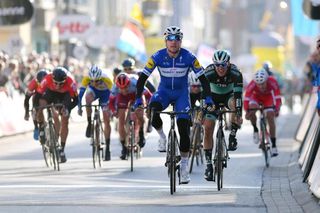
Elia Viviani wins the 2018 Driedaagse De Panne
In Bruges
The backdrop in Bruges on Wednesday morning was redolent of the old start of the Tour of Flanders, though the atmosphere was rather more sedate than the raucous festival that preceded De Ronde up to 2016. No longer positioned just before the Ronde, the biggest names – Peter Sagan, Greg Van Avermaet, Philippe Gilbert et al – were all absent. Mathew Hayman (Mitchelton-Scott) was the only Monument winner on show, while Guillaume Van Keirsbulck (Wanty-Groupe Gobert) was the only previous winner of De Panne in the field.
A couple of hundred spectators, mainly pensioners, gathered before the signing-on podium, where the arrival of Miss Belgium was greeted with at least as much enthusiasm as the riders themselves. But then again, even in its old stage race format, the Three Days of De Panne was a low-key, homely affair, light years removed from the blaring spectacle of De Ronde and Belgium's big cyclo-cross races.
The Driedaagse has a character of its own, something it was keen to maintain when designing the parcours of this year’s abridged race. Rather than couch itself as another mini-Ronde by trekking into the Flemish Ardennes, the race headed for the Kemmelberg and hills around the Franco-Belgian border, before two laps of a finishing circuit that incorporated the pan flat and exposed roads around De Moeren. In short, typical Three Days of De Panne country.
"It was a decision not to go again to the Flemish Ardennes, but the new parcours is very good," Dequeecker said. “The riders were lucky there wasn't that much wind in De Moeren today, because it could have been a very different race."
In late March, with tourist season still months away and black waves crashing in off the North Sea, De Panne has the melancholy air of the coastal town they forgot to close down, but its bike race has always added colour to the palette in an otherwise grey time of year. The crowds gathered outside the bars and bistros of Zeelaan to watch the race just as they did in years past for the concluding time trial. Tradition had it so and, despite external pressures, that tradition endures.
"At the end of the story, we're happy to be here," Dequeecker said. "And now we're here to stay."

Barry Ryan was Head of Features at Cyclingnews. He has covered professional cycling since 2010, reporting from the Tour de France, Giro d’Italia and events from Argentina to Japan. His writing has appeared in The Independent, Procycling and Cycling Plus. He is the author of The Ascent: Sean Kelly, Stephen Roche and the Rise of Irish Cycling’s Golden Generation, published by Gill Books.
